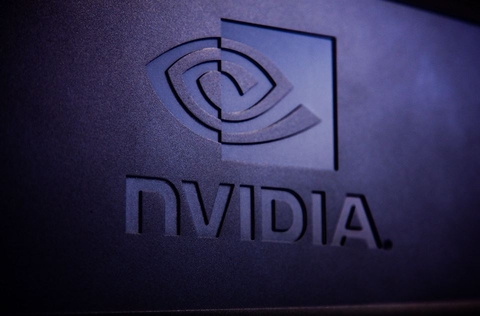The United States government has made its latest attempt to use semiconductors as a tool to hobble the advancements of competitors in fields such as high-performance computing and artificial intelligence by imposing new restrictions on the sale of certain sophisticated computer chips to China and Russia. These restrictions were imposed by the Biden administration.
The new restrictions apply to high-end versions of the kind of processors known as graphics processing units, or GPUs, which are marketed by the firms Nvidia and Advanced Micro Devices, both of which are headquartered in Silicon Valley. Such products were initially developed to render images in video games; however, in the past decade, they have been widely deployed in the largest supercomputers used by scientists and by internet companies for applications such as recognising speech and objects in photographs. In addition, such products have also been used to render images in virtual reality environments.
The production of weaponry and the collecting of intelligence are two examples of applications that make use of supercomputers. There is also evidence that huge systems in China have been employed for the monitoring of the Muslim minority in that nation. The usage of artificial intelligence technologies is also growing in other areas, such as the identification of faces in video pictures.
The limits are a part of a larger competition between the United States and China for technological supremacy in more sophisticated areas. Building on restrictions put in place by the previous government of Donald J. Trump, the administration of Joe Biden has enacted new policies that are intended to limit the access of firms like Huawei of China to sophisticated chips and the fabrication of semiconductors in other countries.
Nvidia and AMD both confirmed the new limits in remarks that they released on Wednesday.
Nvidia, the world’s leading graphics processing unit (GPU) manufacturer, has revealed that the United States government would now need it to apply for export permits in order to continue selling two high-end processors that are integrated into server systems found in data centres. According to the corporation, the government said that the new rule would address the possibility that such items may be used in, or diverted to, a military application in China or Russia. This information was gleaned from the statement made by the government.
Nvidia has a large client base in China, but the company does not yet operate in the Russian market. It was said that the new regulations had an effect on a company that had sales of around $400 million in the most recent fiscal quarter of its operation.
AMD said that it seemed as if the restrictions were having an effect on sales of one of its high-end GPUs in China and Russia.
The United States has been accused by the Chinese Ministry of Commerce of abusing export control measures in order to restrict the export of semiconductor-related items to China. China’s Ministry of Commerce issued a warning on Thursday that this action would “hinder international scientific and technological exchanges and economic cooperation.”
It would seem that the steps taken by the United States government cover more than just Nvidia and AMD. According to a person familiar with the situation who asked to remain anonymous in order to discuss private deliberations. These letters informed the companies that the high-end technologies they export to China have been restricted.
According to a representative for the Department of Commerce, the agency is now undertaking a review of the regulations that are connected to China and may take additional measures to ensure that sophisticated technology do not fall into the wrong hands.
Since the beginning of the 2010s, the Bureau of Industry and Security within the United States Department of Commerce has been working to increase the barriers that prevent certain American technologies from being exported to China. The bureau’s rationale for doing so is that the goods in question were being sold through civilian supply chains but were ultimately being used for military purposes, such as the production of weapons, aircraft, and surveillance technology. Businesses have the ability to submit an application for a licence to sell prohibited commodities to certain clients; however, the majority of these requests are refused.
Both Nvidia and AMD suggested, via their remarks, that they did not anticipate receiving licences in the majority of situations. AMD said that it anticipated the requirements would “block” the sale of a device known as the MI250 to the countries of China and Russia.
According to Nvidia, the measures had an effect on a device that was already on the market called the A100, as well as a product called the H100 that is scheduled to be released later on this year. The business also said that as a result of the limitations, it may be unable to finish the development of the H100 in a timely way or continue to provide support for current users of the A100, and it may be required to relocate some activities outside of China.

